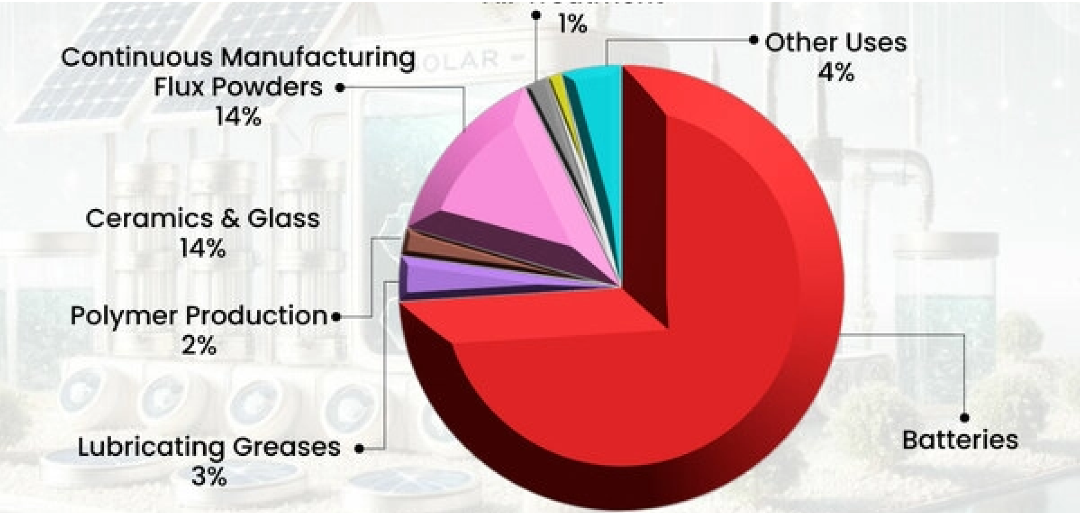AI Develops New Alternative to Lithium Ion Batteries in 2024
Artificial intelligence paves the way for new technological advancements in the different sectors of the market. Recent research with artificial intelligence shows that lithium batteries can be replaced with new alternatives developed by the technology in 2024. Artificial intelligence helps in developing batteries to replace lithium-ion batteries.
Lithium-ion batteries are used in almost everything nowadays, including electric vehicles, electric grids, and others. With the growing transition to clean energy, electric vehicles are essential to the shift from conventional energy consumption to electrification. Globally, countries are moving gradually toward the transition to clean energy to achieve the zero emissions target by the end of 2050. Like electric vehicles, lithium-ion batteries are used in the electric grids to store renewable energies from energy sources like solar and wind. There are two main factors behind finding an alternative to lithium batteries: firstly, lithium is expensive, and lastly, its extraction from mining heavily affects the environment. Electrification in different sectors may speed up the transition to clean energy but at the cost of the environment due to lithium extraction. Therefore, finding an alternative to lithium batteries is necessary to progress clean energy transition eventually. Artificial intelligence enhanced the research capability to find a replacement for lithium-ion batteries in months when it takes years to find one.
According to the researchers, the new alternative to lithium-ion batteries can reduce the use of lithium by 70 percent. The clean energy transition in 2024 is expected to be centered more around the electrification of vehicles. Therefore, it is necessary to launch lithium replacement in 2024. Globally, countries have targeted getting net zero emissions by 2050 and at least half of it by 2030. Thus, six years from 2024-25 till 2030 are vital to transform the usage of lithium in electric vehicles and others. At the same time, lithium-ion batteries are also anticipated to increase ten times by 2030 due to the heavy production of electric cars. Therefore, developing a better alternative to lithium is extremely necessary from a clean energy transition viewpoint.

